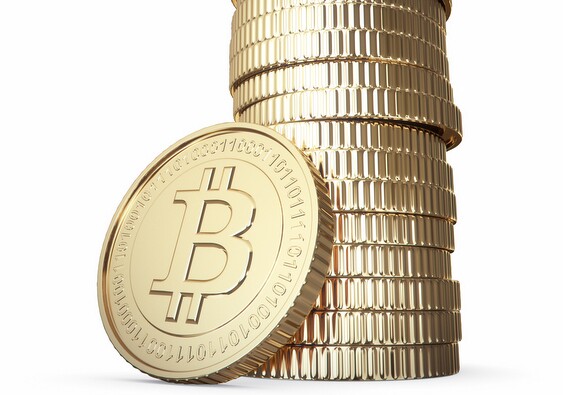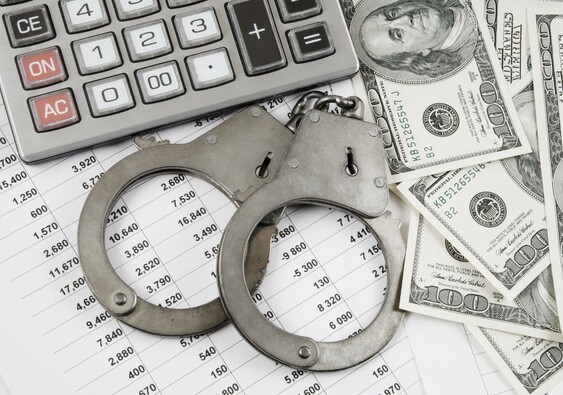
Technology Will Increase the Sophistication of Fraud Schemes
Image:

But Technology (like Data Analytics) Will Also Help Catch Tomorrows Frauds
Image:

Improving Information Security Will Be a Major Priority
Image:

Digital Currencies Will Shake Up Fraud Risks for Retailers and Consumers
Image:

With Protections for Whistleblowers Increasing, More People Will Step Forward to Report Fraud
Image:

There Will Be a Re-emergence of Financial Statement Fraud
Image:

Credit Card Security Features Will Continue to Evolve
Image:





